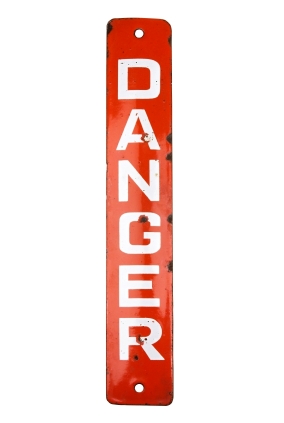 When I was younger, I started a thankfulness journal. I can’t remember the exact reason for it other than I thought I wasn’t particularly grateful and that I needed to practice that characteristic in order to make it more more of a character trait. I would write down what I was thankful for as it occurred to me. Soon I had a very long list of reasons to give thanks.
When I was younger, I started a thankfulness journal. I can’t remember the exact reason for it other than I thought I wasn’t particularly grateful and that I needed to practice that characteristic in order to make it more more of a character trait. I would write down what I was thankful for as it occurred to me. Soon I had a very long list of reasons to give thanks.
We may employ a similar approach when we think of reasons to praise God. We think of all the things that He has given us, and much like we list the attributes of the one we admire, we bestow praise on our Creator. We extol Him for the ways that He has shown us His grace. We give Him glory because He has given us good gifts.
It’s fitting that we praise God for these things, however, the truth is, even when we aren’t the recipients of God’s particular generosity, we should still be giving Him praise. In other words, even if no good thing is happening to me, my life should still glorify Him. I praise Him for Who He is, not (only) for how He relates to me.
This is a hard thing. We’re used to showing our gratitude to God by celebrating what He has done for us. We applaud the ways that He has worked in our lives, that He has been generous with His blessings, or that He has provided opportunities. We may all have our own list of 10,000 reasons that we should praise Him, but even if our own personal celebrations were nonexistent, there would still be millions of reasons to honor His name. His goodness alone, not as it is expressed as a gift to us, but simply because it is Who He is, is an overwhelming reason to bring Him praise.
What does this mean? Simply that there is always a reason to celebrate Him. Whether good or bad things are happening to us, He is good, and if for no other reason, that should prompts shouts of praise.
Share your thoughts…what will you celebrate about God today?
